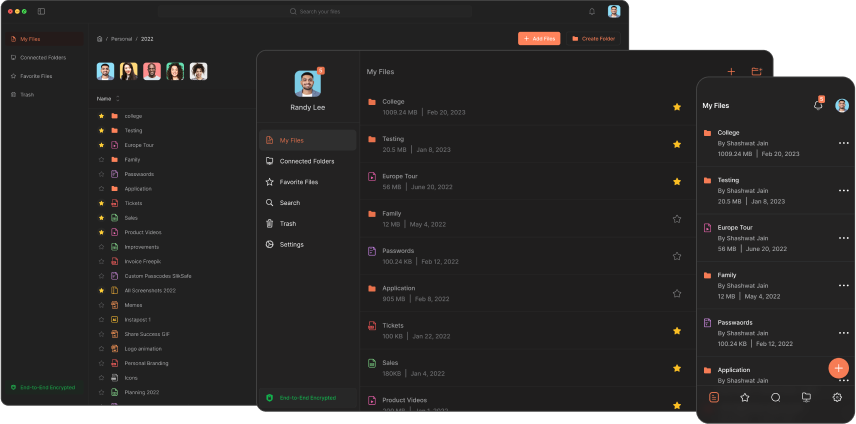What is a Resume? – A Comprehensive Guide
In today’s job market, a well-crafted resume is essential for standing out among competitors. Whether you’re a seasoned professional or just starting out, understanding what a resume is—and how to create an effective one—can significantly impact your career prospects.
What is a Resume?
A resume is a formal document that provides an overview of your professional qualifications. It typically includes your work experience, education, skills, and any other relevant information that showcases why you’re a suitable candidate for a given position. Resumes are critical tools used by job seekers to present their credentials and by employers to assess an applicant’s fit for a role.
Key Components of a Resume
-
Header: Contains your name, contact information (phone number, email address), and often your LinkedIn profile or professional website.
-
Professional Summary or Objective: A brief statement summarizing your career goals and what you can offer to the prospective employer.
-
Work Experience: Detailed information about your previous jobs, including titles, dates of employment, and bullet points describing your responsibilities and achievements.
-
Education: Lists your degrees, institutions attended, and graduation dates. Any relevant certifications may also be included here.
-
Skills: Highlights both hard and soft skills that make you an ideal candidate for the position.
-
Additional Sections: This can include volunteer work, languages, awards, publications, or other sections relevant to the job.
Why is a Resume Important?
A resume is often the first interaction between you and a potential employer. It serves multiple critical functions:
- First Impression: It’s your opportunity to make a strong first impression.
- Showcases Qualifications: Highlights your skills, experience, and education.
- Professionalism: Demonstrates your ability to present information clearly and professionally.
- Interview Invitation: The ultimate goal is to convince the employer to invite you for an interview.
How to Optimize Your Resume for SEO
Keywords
-
Job Title and Industry Keywords: Ensure that your resume includes keywords related to your desired job title and industry.
-
Skills and Experience: Use specific keywords from the job description that match your skills and experience.
Formatting
-
Readable Fonts: Use professional and readable fonts like Arial, Times New Roman, or Calibri.
-
Bullet Points: Use bullet points for better readability and to highlight key achievements.
-
Headings and Subheadings: Use clear headings and subheadings to organize sections effectively.
-
Consistent Formatting: Maintain consistent formatting with uniform font sizes, margins, and spacing.
Content Quality
-
Active Language: Use strong, action-oriented language to describe your responsibilities and achievements.
-
Quantifiable Achievements: Whenever possible, include numbers and statistics to quantify your achievements.
-
Customization: Tailor your resume to each job application. Customizing your resume for each opportunity can drastically improve your chances of getting noticed.
Tips for Creating an Effective Resume
-
Keep it Concise: Ideally, a resume should be one to two pages long. Keep it brief yet comprehensive.
-
Use a Resume Template: Using a professional resume template can save you time and ensure a polished look.
-
Proofread: Errors can detract from your professionalism. Always proofread your resume multiple times and consider having someone else review it as well.
-
Highlight Achievements: Focus on what you achieved in your previous roles rather than just listing duties.
-
Update Regularly: Keep your resume updated with your most recent job experiences, skills, and achievements.
Conclusion
A resume is more than just a list of jobs and skills; it's a crucial tool for marketing yourself in the job market. By understanding the essentials of what a resume should include and following best practices for SEO optimization, you can create a document that captures the attention of potential employers and opens doors to job opportunities.
Invest the time to craft a compelling resume, and you’ll find that it’s one of the most valuable tools in your job search arsenal. Start building or updating your resume today, and pave the way for your next career move.
By following the guidelines and tips outlined in this blog, you can confidently create a resume that not only highlights your skills and experience but also effectively passes through applicant tracking systems (ATS) that many companies use for initial resume screening.
For more tips and resources on job searching, resume writing, and career advancement, be sure to visit our blog regularly.
This blog post is optimized for SEO by including relevant keywords, using clear headings and subheadings, maintaining a readable format, and providing valuable, easily digestible content for readers looking to understand the importance and structure of resumes.
Download Now
The Slikest Files Experience Ever Made
